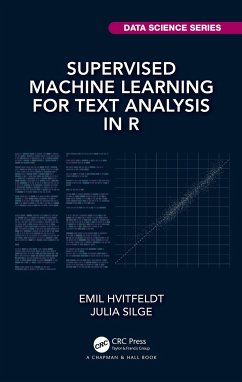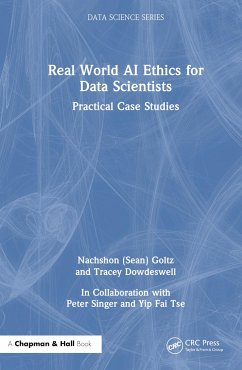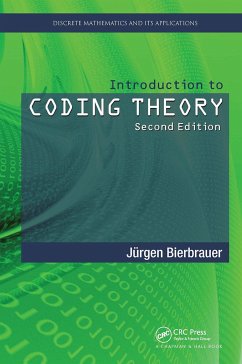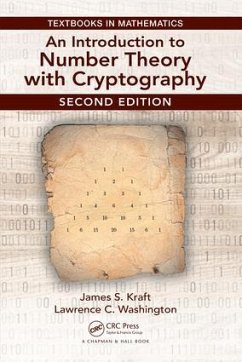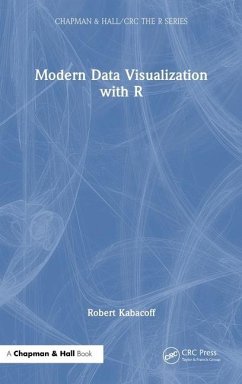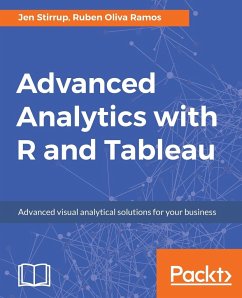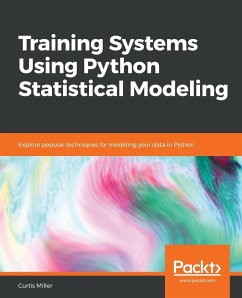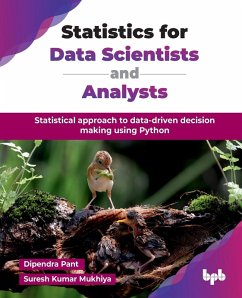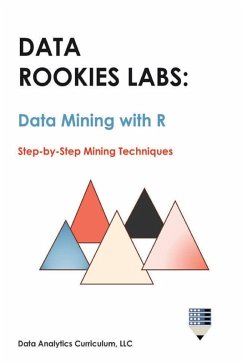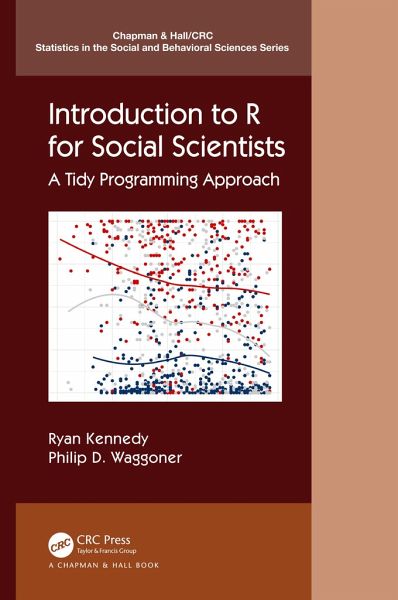
Introduction to R for Social Scientists
A Tidy Programming Approach
Versandkostenfrei!
Versandfertig in 1-2 Wochen
190,99 €
inkl. MwSt.
Weitere Ausgaben:

PAYBACK Punkte
95 °P sammeln!
Introduction to R for Social Scientists: A Tidy Programming Approach introduces the Tidy approach to programming in R for social science research to help quantitative researchers develop a modern technical toolbox. The Tidy approach is built around consistent syntax, common grammar, and stacked code, which contribute to clear, efficient programming. The authors include hundreds of lines of code to demonstrate a suite of techniques for developing and debugging an efficient social science research workflow. To deepen the dedication to teaching Tidy best practices for conducting social science re...
Introduction to R for Social Scientists: A Tidy Programming Approach introduces the Tidy approach to programming in R for social science research to help quantitative researchers develop a modern technical toolbox. The Tidy approach is built around consistent syntax, common grammar, and stacked code, which contribute to clear, efficient programming. The authors include hundreds of lines of code to demonstrate a suite of techniques for developing and debugging an efficient social science research workflow. To deepen the dedication to teaching Tidy best practices for conducting social science research in R, the authors include numerous examples using real world data including the American National Election Study and the World Indicators Data. While no prior experience in R is assumed, readers are expected to be acquainted with common social science research designs and terminology. Whether used as a reference manual or read from cover to cover, readers will be equipped with a deeper understanding of R and the Tidyverse, as well as a framework for how best to leverage these powerful tools to write tidy, efficient code for solving problems. To this end, the authors provide many suggestions for additional readings and tools to build on the concepts covered. They use all covered techniques in their own work as scholars and practitioners.




